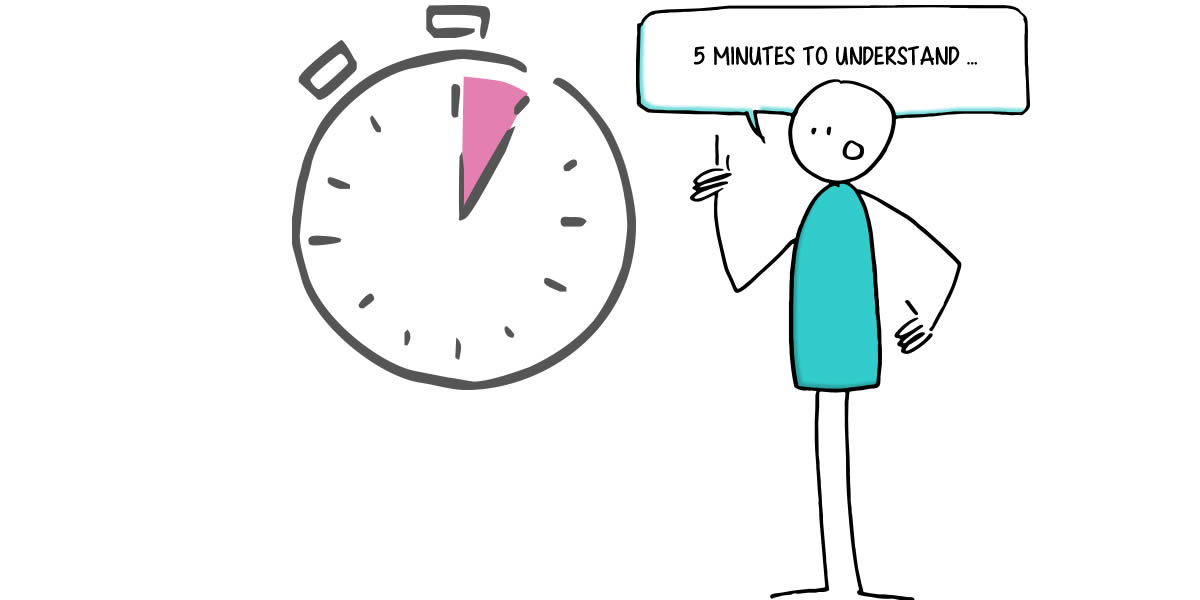If you have ever been on the receiving end of a DDOS attack then you know the headache that comes with it. Your services are being interrupted and you can’t do anything. This is why a firewall is necessary in your online business adventures. You need to protect yourself against cyber threats and a firewall is one of the best tools to do so.
What is a Firewall?
A firewall is an extra layer of protection between external security threats and your business’ network and data. The primary purpose behind a firewall is to protect your computer or network from unauthorized access. There are two different kinds of firewalls; the first being a hardware firewall and the second being software firewall. Before we dive into the different firewalls, let’s take a look at how firewalls work.
How do firewalls work?
The goal of a firewall is to monitor incoming and outgoing traffic. It is a filter that scans the traffic and analyzes it to determine if it is harmful or not. Some of the information it looks at includes the sender’s address, the data, and what the data is meant for. The firewall then determines if the data can pass into the network by opening or closing the gates to the network. It acts as a filtration system that scans for malicious codes or attacks. If a piece of code is determined to be a security risk, then the firewall prevents the data from entering your network and computer.
There are 3 different ways that a firewall monitors and regulates network traffic. The first is through packet filtering in which packets of small data run through a filter which remove any packets that seem to be a security threat.
The second way is through a proxy service firewall which are far more secure. They create a mirror of the computer behind the firewall which prevents your device from connecting directly to the data. The drawbacks of a proxy firewall is that they can be slower and limited in which applications they can support.
The final way is through stateful inspection that examines packets of data but then compares it with a database of trusted information. The elements that determine if the data is safe includes the source, IP address, ports, applications and more.
What security threats will a firewall prevent?
The firewall protects against many security threats such as:
- Backdoors – Access to external traffic as a result of bugs in code giving cyber criminals control of a program or device
- Denial of service – Disruptive attack that prevent servers from connecting to the network resulting in loss of productivity time
- Macros – Rules created by cyber criminals determining how an application will run
- Remote logins – Attempts to log in to your devices remotely from unauthorized access
- Viruses – Extremely common disruptions that can slow down your device, delete data or even crash your device
What is the difference between Hardware and Software Firewalls?
The difference between hardware firewalls and software firewalls is where the firewall is installed. For example, a hardware firewall would be installed onto a router to intercept traffic between the router and devices connected to the router. On the other hand, software firewalls are programs that monitor the traffic going through your computer.
Do you need a firewall?
The short answer is yes. Now if you are using it for your personal computer you may be able to stay safe with a VPN. However, if you are dealing with sensitive information, it is highly suggested to put in place a firewall. Moreover, businesses should have a firewall to ensure all traffic flowing through the network is safe and protected. A denial of service attack can have your website down and viruses will slow down your employees’ devices. When it comes to cyber security there is no such thing as too much security.
If you are interested in more security for your online endeavours and are looking for a firewall check out our firewall here.
If you found this blog post interesting and want to learn more about online security check out our other blog posts on security.





